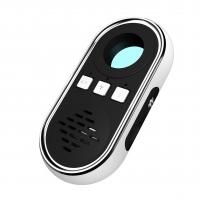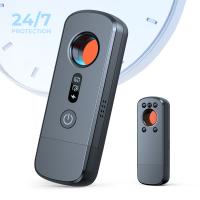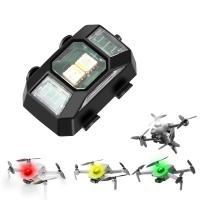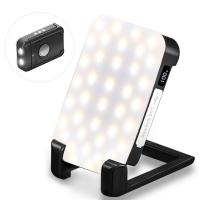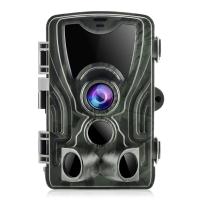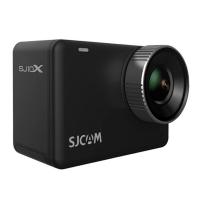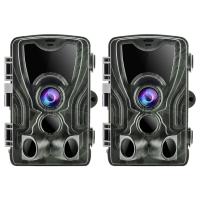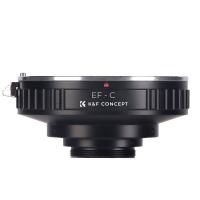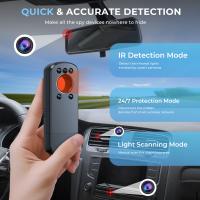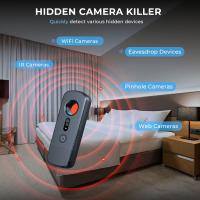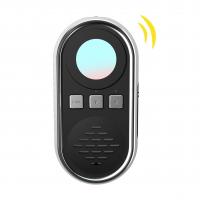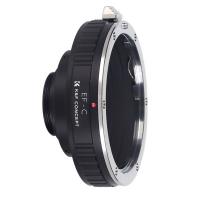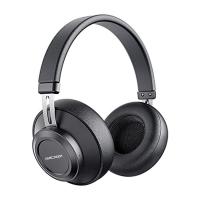How Can I Find Hidden Camera?
In today's world, privacy is a growing concern, and the possibility of hidden cameras in private spaces is a real threat. Whether you're staying in a hotel, renting an Airbnb, or even suspecting surveillance in your own home, knowing how to detect hidden cameras is a valuable skill. This article will guide you through various methods to find hidden cameras, ensuring your privacy and peace of mind.
Understanding Hidden Cameras
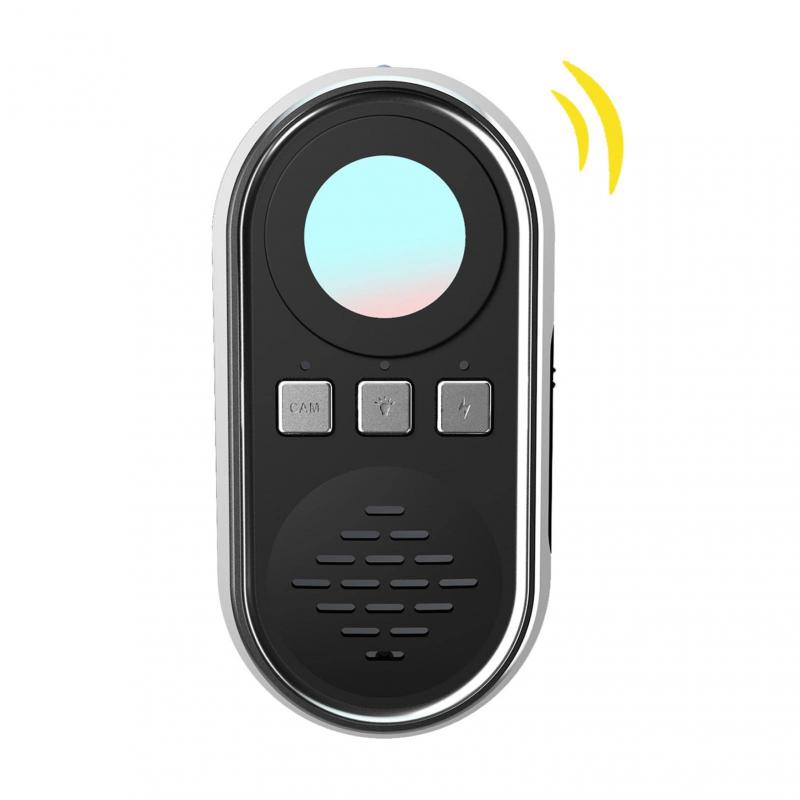
Hidden cameras come in various shapes and sizes, often disguised as everyday objects like smoke detectors, clocks, or even USB chargers. They can be wired or wireless, and some are equipped with night vision capabilities. The first step in detecting hidden cameras is understanding where they might be placed and what they might look like.
Visual Inspection
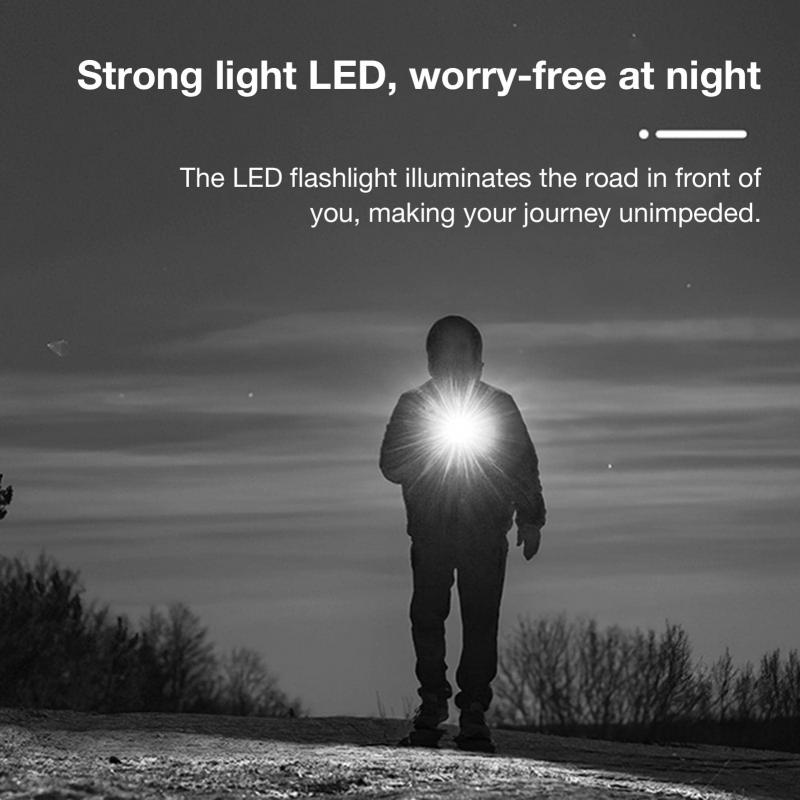
The simplest method to detect hidden cameras is a thorough visual inspection. Here are some steps to follow:
1. Check Common Hiding Spots: Hidden cameras are often placed in areas where they can capture the most activity. Look for unusual objects in the following places:
- Smoke detectors
- Air purifiers
- Wall clocks
- Picture frames
- Electrical outlets
- Light bulbs
- Bookshelves
2. Look for Unusual Wires: Hidden cameras need power, so look for wires that seem out of place or lead to nowhere.
3. Inspect Mirrors: Some hidden cameras are placed behind two-way mirrors. To check if a mirror is two-way, place your fingernail against the glass. If there's a gap between your nail and its reflection, it's a regular mirror. If there's no gap, it could be a two-way mirror.
4. Use a Flashlight: Turn off the lights and use a flashlight to scan the room. Hidden cameras often have a lens that will reflect light, making it easier to spot.
Using Technology
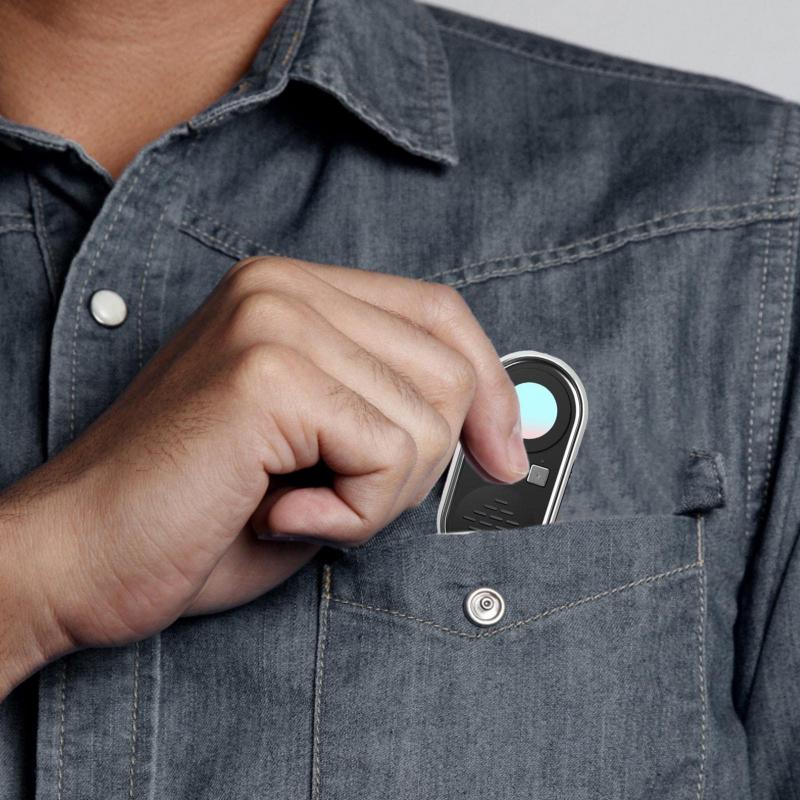
While a visual inspection is a good start, technology can significantly enhance your ability to detect hidden cameras.
1. RF Detectors: Radio Frequency (RF) detectors can help you find wireless cameras by detecting the radio waves they emit. Simply turn on the RF detector and walk around the room. If it beeps or lights up, it may have detected a hidden camera.
2. Camera Lens Detectors: These devices use infrared light to detect camera lenses. When you look through the viewfinder, any hidden camera lenses will appear as bright spots.
3. Smartphone Apps: There are several apps available for both Android and iOS that can help detect hidden cameras. These apps use your phone's camera and flashlight to scan for reflections from camera lenses. Some popular apps include:
- Hidden Camera Detector
- Glint Finder
- Spy Hidden Camera Detector
Network Scanning
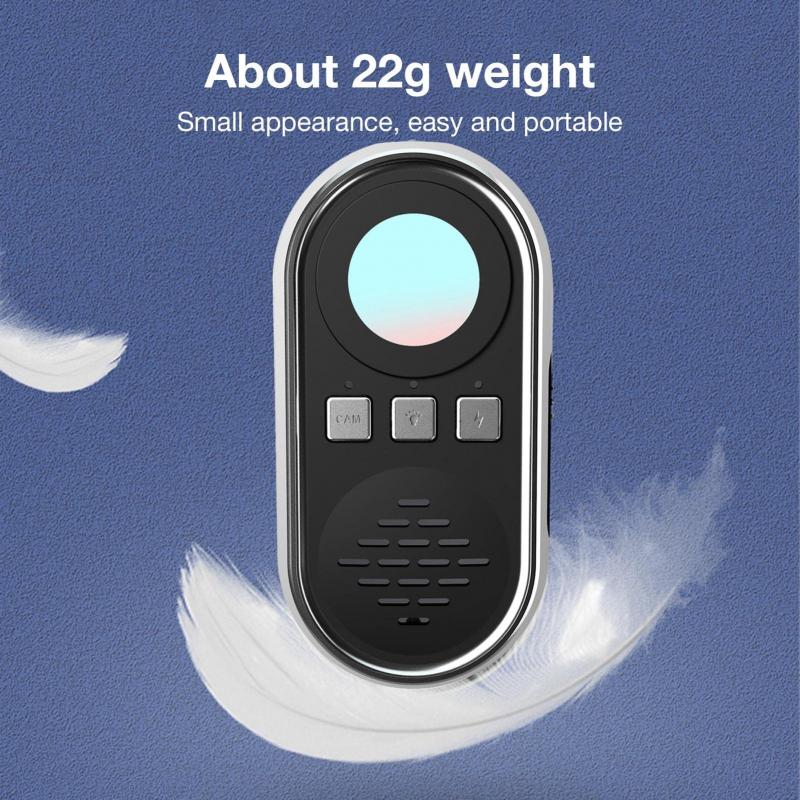
If you suspect a hidden camera is connected to a Wi-Fi network, you can use network scanning tools to find it.
1. Network Scanners: Apps like Fing can scan your Wi-Fi network and list all connected devices. Look for any unfamiliar devices that could be hidden cameras.
2. Router Admin Page: Access your router's admin page and check the list of connected devices. If you see any unknown devices, it could be a hidden camera.
Physical Detection
In some cases, physical detection methods can be effective.
1. Thermal Imaging: Hidden cameras generate heat, and thermal imaging cameras can detect this heat. While this method is more advanced and requires specialized equipment, it can be very effective.
2. Sound Detection: Some hidden cameras make a faint noise, especially if they have a motorized lens. In a quiet room, listen carefully for any unusual sounds.
Professional Help
If you're unable to find a hidden camera using the above methods, consider seeking professional help. Private investigators and security experts have specialized equipment and expertise to detect hidden cameras.
Preventive Measures
While detecting hidden cameras is important, taking preventive measures can help protect your privacy in the first place.
1. Use a Camera Cover: For devices like laptops and smartphones, use a camera cover to block the lens when not in use.
2. Secure Your Wi-Fi Network: Use strong passwords and encryption to prevent unauthorized access to your network.
3. Regular Inspections: Make it a habit to regularly inspect your living or working space for any unusual objects or changes.
Legal Considerations
It's important to be aware of the legal implications of hidden cameras. In many jurisdictions, it's illegal to place hidden cameras in private spaces without consent. If you find a hidden camera, report it to the authorities.
Finding hidden cameras requires a combination of visual inspection, technology, and sometimes professional help. By following the steps outlined in this article, you can enhance your ability to detect hidden cameras and protect your privacy. Remember to stay vigilant and take preventive measures to ensure your personal space remains private and secure.

